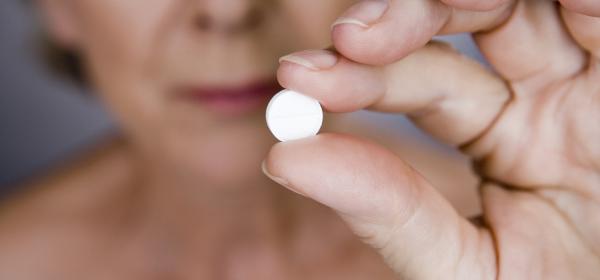Abusing the patent and regulatory systems to prolong a brand drug’s monopoly— a practice commonly referred to as “evergreening”— is increasingly being used as a tactic to delay patient access to more affordable, FDA-approved generic and biosimilar medicines.
AAM President and CEO Chip Davis recently testified that these anti-competitive practices run counter to Congress’s stated goal of bringing lower cost generic alternatives to market at the earliest possible date, and without action to curtail these practices, patients will continue to pay monopoly prices for brand-name drugs and biologics.
Brand name drug companies have gone to great lengths to extend their patent or regulatory monopolies, including most recently through a high-profile case involving renting the sovereign immunity of a Native American tribe to block competition. Yet, some representatives of brand-name companies claim that these tactics are “not as significant as it is being made out to be politically” and others state “there is no data” showing evergreening delays competition from affordable generic medicines. Independent research, however, reveals a different picture and shows how these practices are increasingly being used to thwart generic competition.
A new report from the National Academies of Science, Engineering & Medicine, Making Medicines Affordable: A National Imperative, finds “spending on prescription drugs has been rising dramatically, to the point that many individuals have difficulty paying for the drugs that they or their family members need.”
The National Academies’ non-partisan study recommended expanding patient access to generic drugs and biosimilars by
“preventing the common industry practices that delay entry of generics into the market and extend market exclusivity of branded products.”
Ensuring robust competition as a mechanism to reduce the cost of prescription drugs is a recurring theme throughout the National Academies’ study. And additional research backs up its findings.
As reported by Bloomberg, research by Professor Robin Feldman, director of the Institute for Innovation Law at the University of California Hastings, shows:
- At least 74 percent of the new patents in the FDA’s records were associated with existing drugs on the market.
- Of the roughly 100 best-selling drugs, almost 80 percent obtained a patent that extended the monopoly period beyond the duration of the initially-granted patent.
Just look at the world’s best-selling drug, AbbVie’s Humira. One of the product’s principal initial patents expired in 2016, but before that, in an effort to delay competition, more than 100 late-stage patents were filed. Now the last patent expires in 2034. By establishing a “patent estate” around Humira, AbbVie uses the patent system to protect annual revenues of more than $16 billion on its blockbuster drug.
Make no mistake: these practices are intended to delay competition and patient access to more affordable treatments. Until they are curtailed, patients will continue to pay monopoly prices for brand-name drugs and biologics — prices that are increasingly out of reach for millions of patients.

By Erik Komendant, AAM Vice President, Federal Government Affairs

